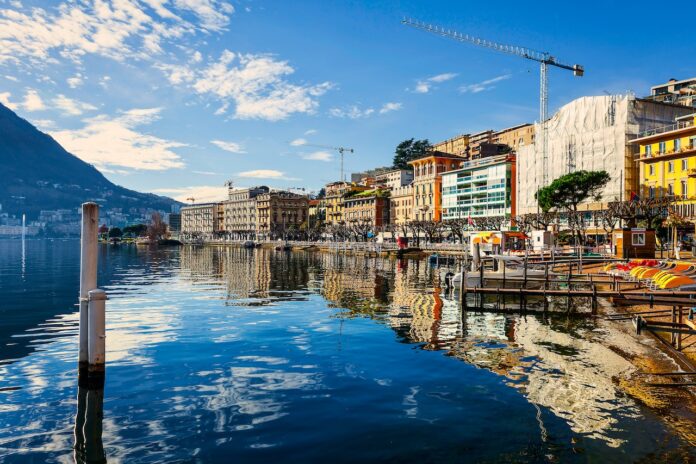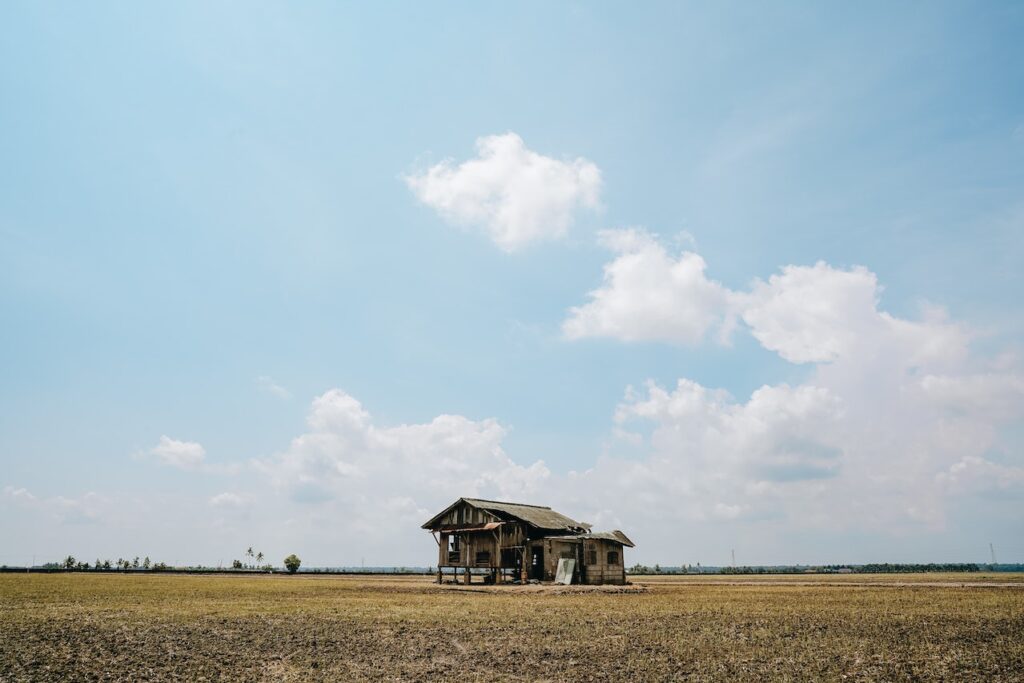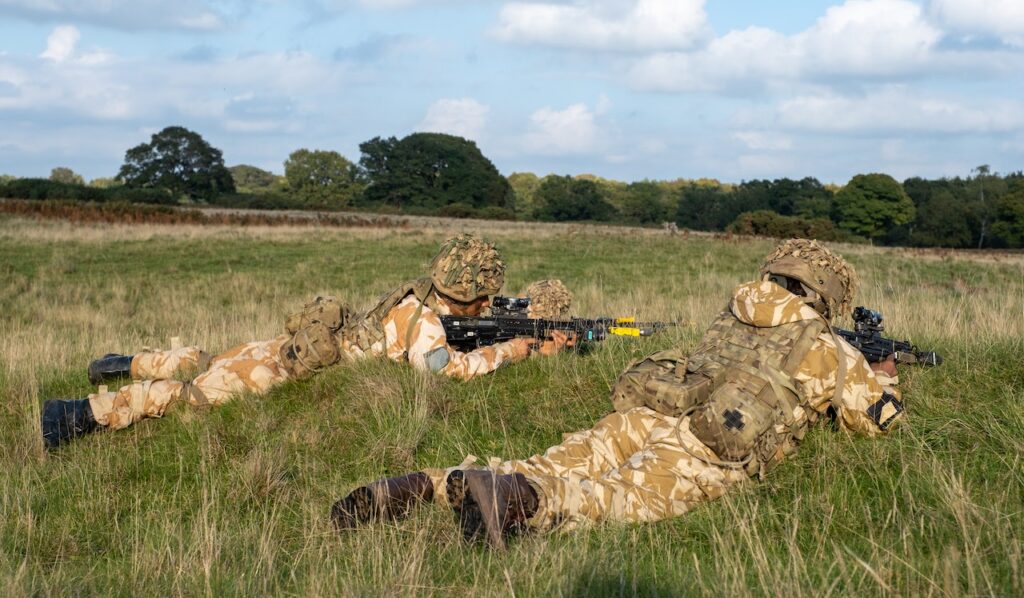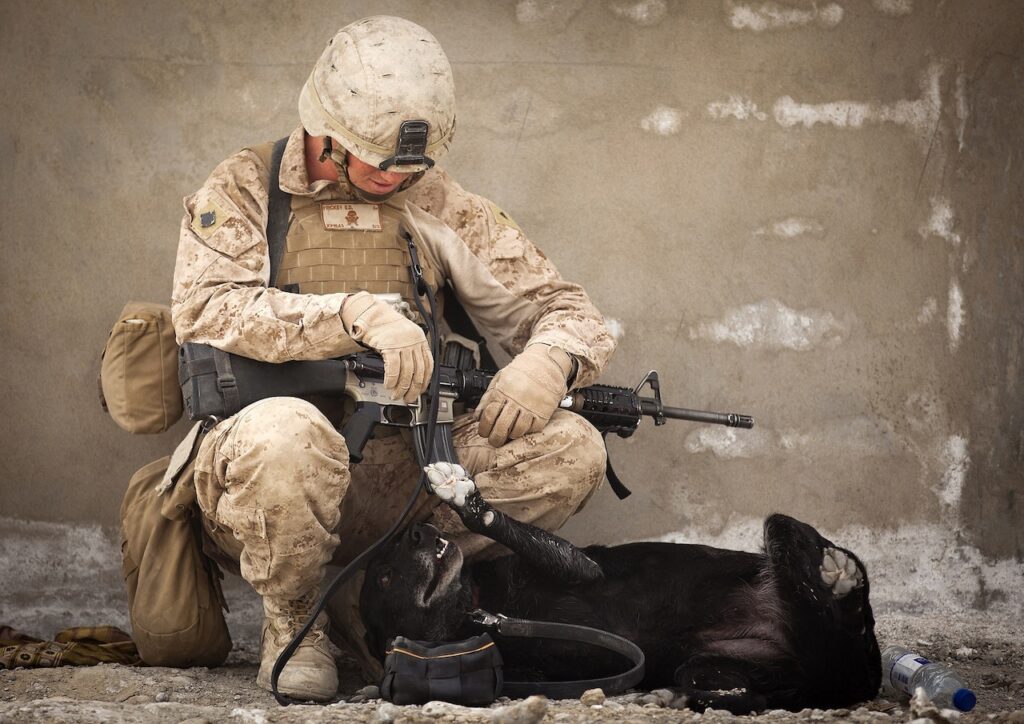
Everyone in the world knows at least something about Switzerland. It is a relatively small country with a population of 8.7 million and it is located in Europe. Everybody knows that. Also, everybody has probably heard about Swiss chocolate, Swiss knife and Swiss banks. And then there is also one additional fact about Switzerland that probably everyone heard of. Its neutrality.
Note: there are many other neutral countries in the world right now. 21 to be exact. However, Switzerland is for the longest time on this list and Swiss neutrality is widely known. Au contraire, for majority of other countries on the list you probably never had a clue that they are neutral. For example – did you know that Liechtenstein’s neutrality goes back to 1868 and that Austria is neutral from 1955? The odds to answering correctly for those countries are slim while for Switzerland it’s a no brainer (for most people).
Neutrality of country

By definition, a neutral country is a state that is not aligned with or against any other country in a particular conflict. It is a country that is not involved in a war or armed conflict and does not take sides with any of the parties involved.
Neutral countries often try to maintain good relations with all parties and may act as mediators or facilitators in conflict resolution. They may also provide humanitarian assistance to those affected by the conflict. Neutrality can be a conscious decision made by a country or it may be the result of its geographic location or other circumstances.
Switzerland has a long history of neutrality, dating back to the early 19th century. The country has maintained a policy of neutrality in all international conflicts since then and has not participated in any wars since 1815.
One of the main reasons for Switzerland’s neutrality is its geographic location, surrounded by other European countries that have often been involved in wars and conflicts. I mean, Switzerland is literally between France and Germany, and it has managed to keep neutrality despite numerous wars in previous 200 years.
In addition to its geographic location, Switzerland’s neutrality has also been influenced by its history and culture. The country has a tradition of diplomacy and mediation, and has often played a role in facilitating negotiations and peace talks between other countries.
Despite its neutrality, Switzerland is not isolated from the rest of the world. The country is a member of a number of international organizations, such as the United Nations and the World Trade Organization, and it plays an active role in international affairs. However, it maintains its neutrality by not taking sides in conflicts and by not participating in military alliances.
Nonetheless, even though Switzerland is neutral that does not mean it does not have army.
Swiss Army

In terms of size, the Swiss Army is relatively small compared to the armies of other countries. It has a total active personnel of around 140,000 which includes both professional soldiers and conscripts (draftees).
However, despite its small size, the Swiss Army is well-equipped and well-trained. It is organized into several branches, including the Land Forces, the Air Forces, and the Medical Corps. The Land Forces are responsible for land-based military operations, including the defense of the country’s borders and infrastructure. The Air Forces are responsible for air defense and air support for ground operations. The Medical Corps, of course, provides medical support to military personnel and civilians in the event of a conflict.
In addition to its military role, the Swiss Army also plays a crucial role in disaster relief and emergency response efforts within the country. It is equipped with specialized equipment and trained in search and rescue operations, and it often works alongside civilian rescue organizations in times of crisis.
And so, having in mind Swiss neutrality, its army size and its big impact on world economy with gigantic amount of wealth stored in Swiss banks – let’s try to hypothesize what would happen if Switzerland somehow ends up in some kind of conflict.
Switzerland in Conflict and Possible Consequences

As a preface it is worth noting that an attack on Switzerland would be a serious breach of international law and could result in profound consequences for the attacker. The UN Charter prohibits the use of force against the territorial integrity or political independence of any state, and attacking a neutral country would be considered a big violation of this principle. Other countries may also choose to take action in defense of Switzerland or in support of international law. Probably many countries would do so.
If someone were to attack Switzerland, the consequences would depend on the nature and scale of the attack, as well as Switzerland’s ability to defend itself.
Here are some potential outcomes:
- Military response: Switzerland has a well-trained and equipped military that is capable of defending the country against external threats. If the attack were military in nature, Switzerland’s armed forces would likely respond with force to defend the country. And every attacker would have hard time in Switzerland especially because of strategic geographic position. However, with the aforementioned 140,000 active personnel’s they probably wouldn’t be able to stop the conflict on its own.
- Diplomatic consequences: If the attack were carried out by a foreign government or group, it could lead to diplomatic tensions and potentially even international sanctions. Switzerland is a member of the United Nations and has strong relationships with many other countries, so an attack on Switzerland could have broader implications for international relations.
- Economic consequences: Switzerland is a small but highly developed country with a strong economy. An attack could disrupt its economic activity, potentially causing damage to the country’s industries and businesses. This could have a ripple effect on the global economy, as Switzerland is one of most important financial hubs and has a significant role in international trade.
- Human casualties: that goes without saying, any attack on a country can result in human casualties, and Switzerland would be no exception. Depending on the nature and scale of the attack, it is possible that there could be a significant loss of life.
Additionally, an attack on Switzerland would have psychological and social consequences for the Swiss people. The country has a long history of neutrality and has not been involved in a major conflict since the Napoleonic Wars in the early 19th century. This lack of recent conflict has contributed to a sense of security and stability for the Swiss people, and an attack on the country could shatter this sense of security and cause widespread fear and anxiety.
It is difficult to predict exactly what would happen if someone were to attack Switzerland, as it would depend on the specifics of the attack and the country’s response. However, it is clear that such an attack would have serious and far-reaching consequences for world economy.
World Economy and Switzerland

It is tough to accurately quantify the amount of money that is held in Swiss banks in comparison to the total wealth of the world, as it is difficult to accurately measure global wealth since many financial assets are not held in banks. However, it is widely recognized that Switzerland has a significant financial industry, and it is likely that a substantial portion of the world’s wealth is held in Swiss banks and other financial institutions.
Switzerland is known for its strong and stable financial sector, which is characterized by a high degree of secrecy and a reputation for stability and reliability. The country is home to many of the world’s largest banks and financial institutions, and it is a major hub for international finance.
According to estimates, the assets held in Swiss banks account for a significant portion of the country’s gross domestic product (GDP). In 2019, the assets held in Swiss banks were estimated to be around CHF 7.3 trillion.
It is worth noting that these figures only include assets held in banks, and do not take into account other financial assets, such as stocks, bonds, and real estate, which may also be significant contributors to global wealth. Additionally, it is difficult to accurately measure global wealth, as it is not just limited to financial assets but also includes other factors, such as natural resources, human capital, and infrastructure.
Conclusion
So, in the end, could we conclude that such an attack, conflict or war is not even possible?
It is possible for sure.
It could happen if some world leader goes completely crazy and decides to attack Switzerland for some reason.
But is it probable?
No, it is not. At all.
Namely, many world leaders use Swiss banks for either storage or transfer of their wealth. Additionally, global trade and “secrecy” of money is also very much connected to Switzerland.
Thus, nobody basically has any motive to attack Switzerland.
And hopefully it will stay like that way forever.
Other than that, Switzerland is one of most modern country in the world with no intention to participate in global politics. They basically don’t have enemies. At least on paper, but mostly in reality also.
Our utopia here at CuriousMatrix would be for every country to be neutral some day. But unfortunately, with today’s (greedy) society it seems that it will stay just that, a utopia, for many years (or centuries) to come.
This is sad. But this is the world we’re living in. World full of wars and conflicts.
Note: if you’re interested about “world without wars” hypothesis, you can read our article on this topic where we go very deep in potential consequences and solutions.



























